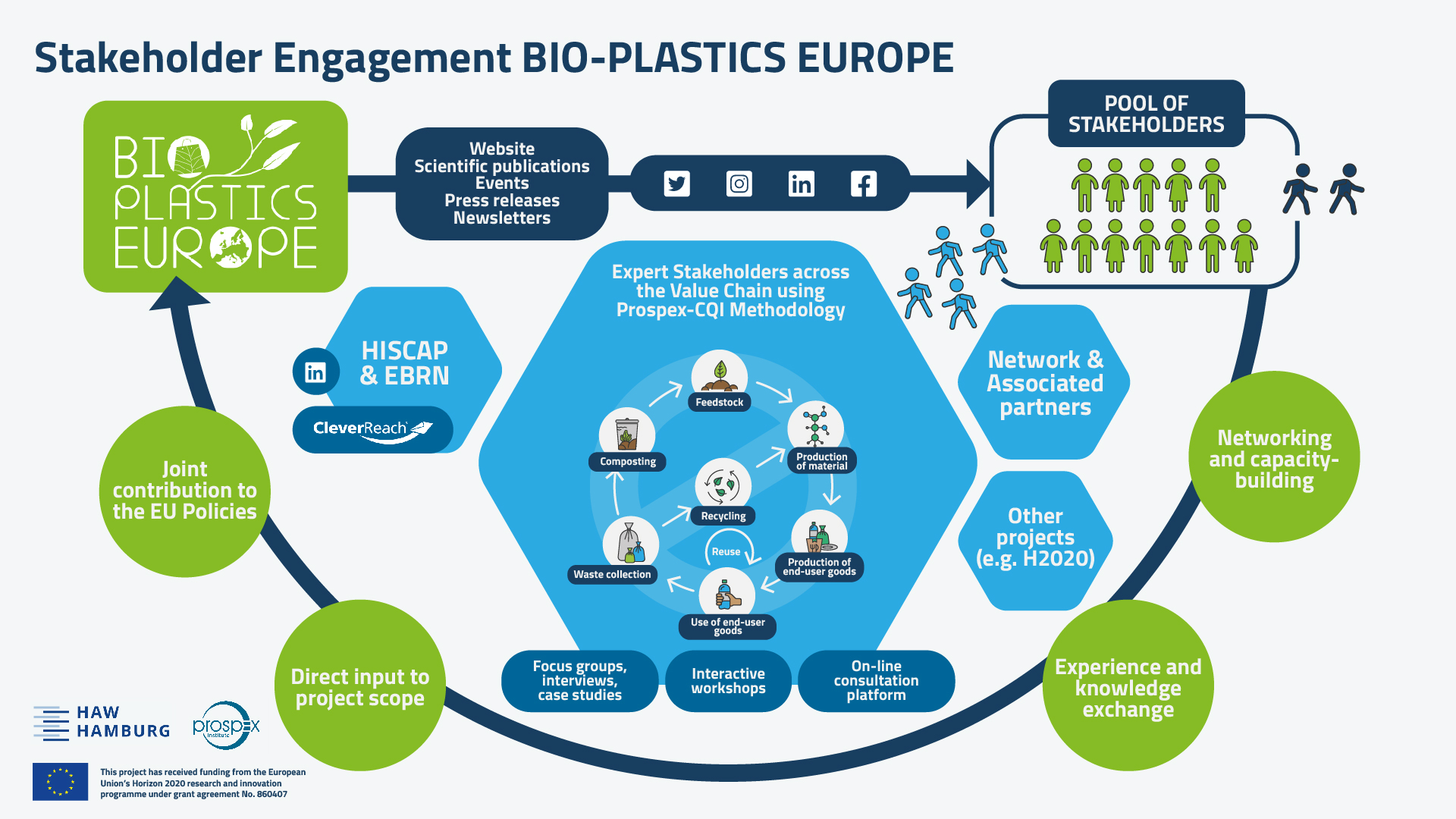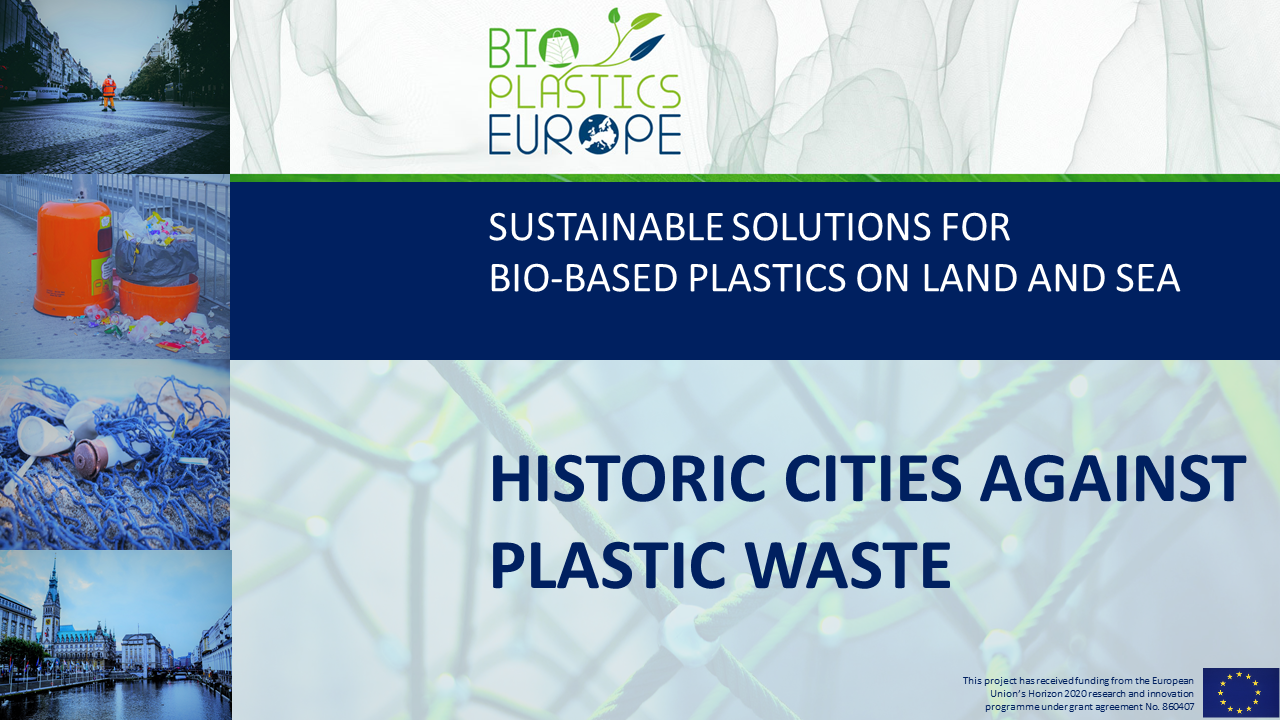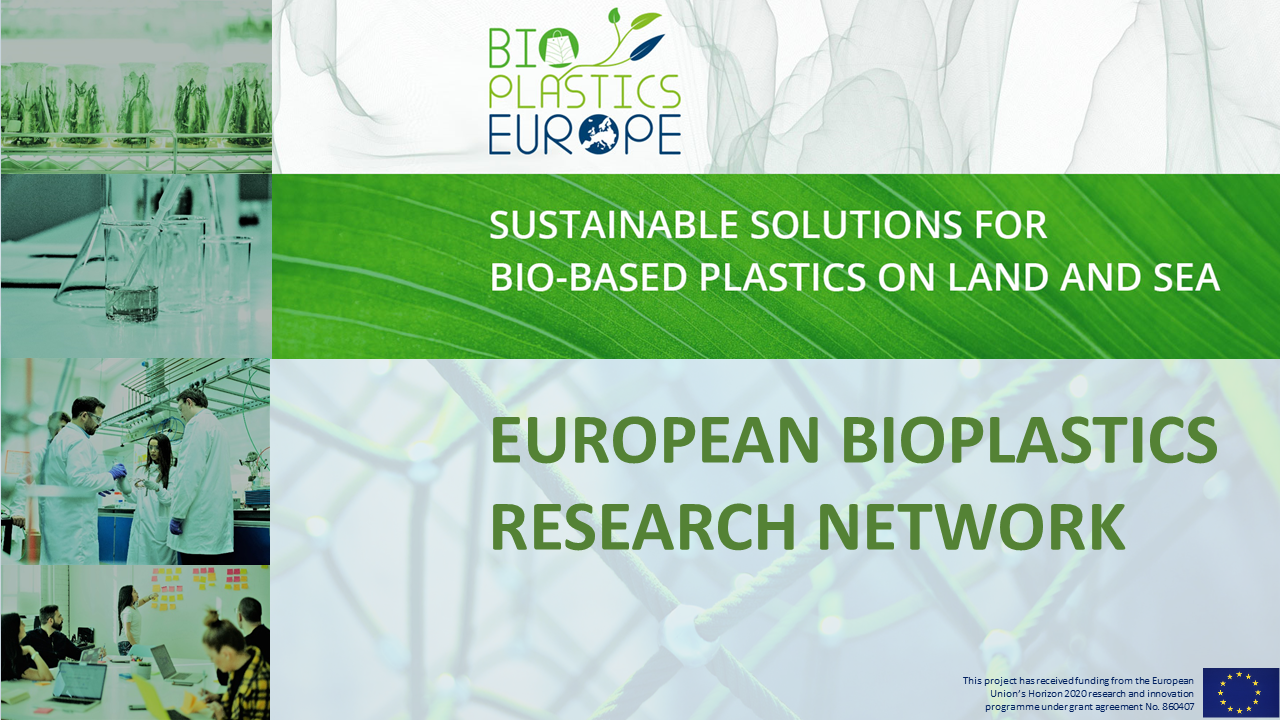
To encourage a holistic, collaborative approach towards bio-based plastics research and implementation, BIO-PLASTICS EUROPE has developed a comprehensive Stakeholder Engagement Strategy. With this, the project intends to ensure a strong commitment of producers, politicians, industrial and private consumers to push the current system towards a more circular economy. The figure above illustrates how BIO-PLASTICS EUROPE engages with different stakeholders in the following capacities:
BIO-PLASTICS EUROPE engages with expert stakeholders from organisations, associations, companies and public administrations who represent the different parts of the value chain from producers of feedstocks, manufacturers of materials, products & end-user goods as well as the end users themselves and those involved in waste collection, recycling, composting and end-of-life processing.

We are running many different types of activities for this group of expert stakeholders depending on the specific need and the topic being addressed. From focus groups, interviews and case studies, to interactive workshops, surveys and webinars. On topics ranging from developing a safety protocol for bio-based and biodegradable plastics and providing specific policy and governance suggestions on the safety of bioplastics to identifying the key priority areas for recycling and end of life scenarios as well as mapping the applications where biodegradable and compostable solutions could support public policies and the development of business models to facilitate efficient reuse and recycling strategies.
Ther two networks “Historic cities against plastic waste” (HISCAP) and “European Bioplastics research Network” (EBRN) have been established as part of BIO-PLASTICS EUROPE. Each network has a different target audience in mind:
The network members are important stakeholders of the project. They participate actively in activities promoted by the networks and support the project with new information, ideas and participate in promotion and dissemination actions.

HISCAP is a close knit group of municipal authorities pledging against plastic waste and implementing project results and recommendations towards bio-based plastics. This engagement facilitates the uptake of project results by civil society and public authorities.
This network congregates historical cities from Europe, whose aged infrastructure makes them especially vulnerable to the many problems caused by plastic pollution. The network fosters the sharing of cooperative knowledge of Best Practices and Lessons Learned among the participating cities and will address many problems plastics pose to their environment and infrastructure, with the specific purpose of pursuing the use of bio-based plastic alternatives.
You can request access to the HISCAP Linkedin Group by clicking on the button below.

EBRN is an active community of researchers, executives, enthusiasts and activists gathered to discuss and spread cutting-edge knowledge in the field of bio-based plastics.
BIO-PLASTICS EUROPE aims to provide strategic networking and research, coordinating knowledge across Europe, catalysing new ideas and rapid solutions across the research and innovation landscape. In this context, EBRN congregates representatives from universities, research institutions and enterprises interested in research bio-based and biodegradable plastics research. This is a technical network, encompassing for example engineers, biologists, planners and economists, which focuses on the technicalities of bio-based plastics development, applications and uses. Regular meetings and relationships with other organisations in this field will help to reach synergies and avoid duplications.
These are organisations and networks who partner with BIO-PLASTICS EUROPE, supporting the project and its activities, and collaborating on the promotion of bio-based and biodegradable solutions as well as working on EU policies and tackling plastic waste management issues.
BIO-PLASTICS EUROPE is actively collaborating with other research and innovation projects to support their specific objectives.